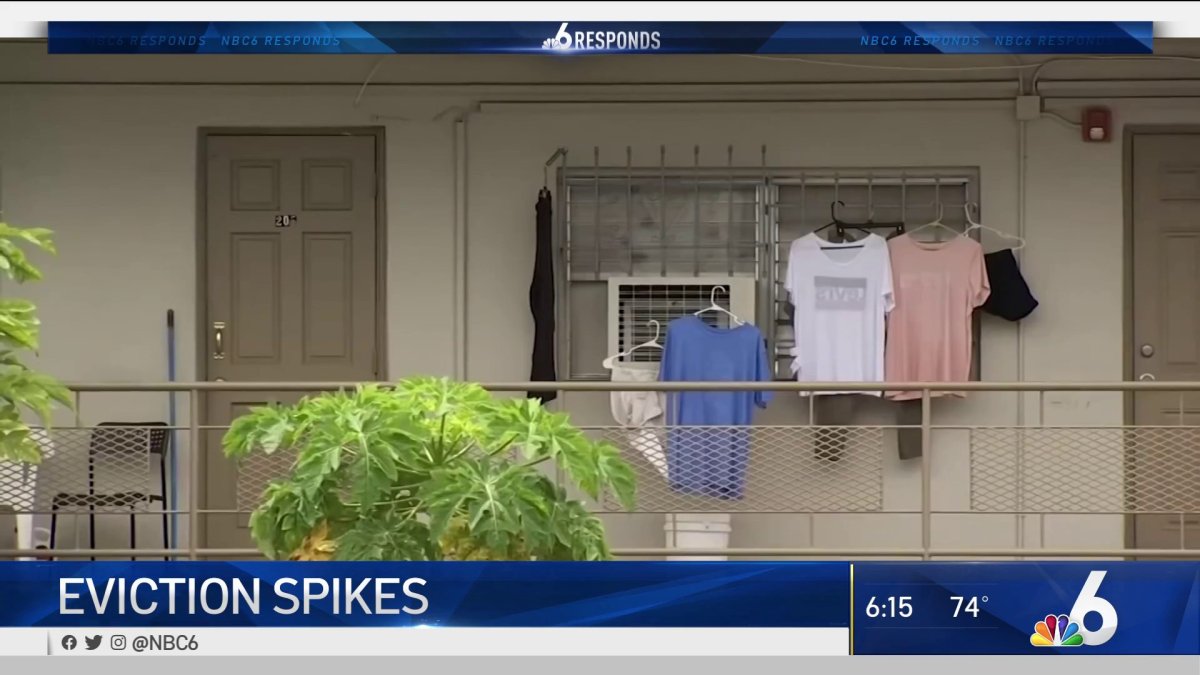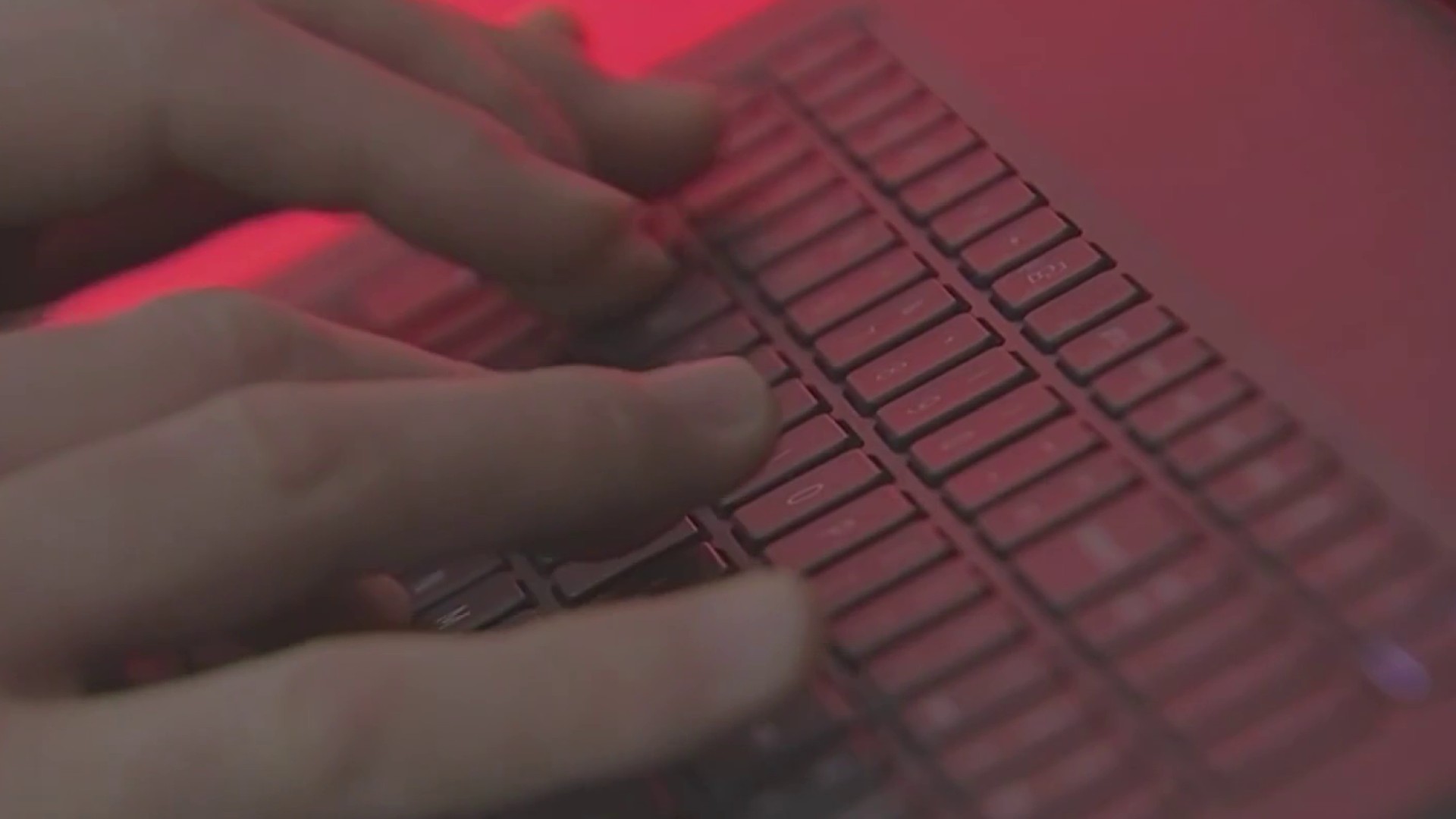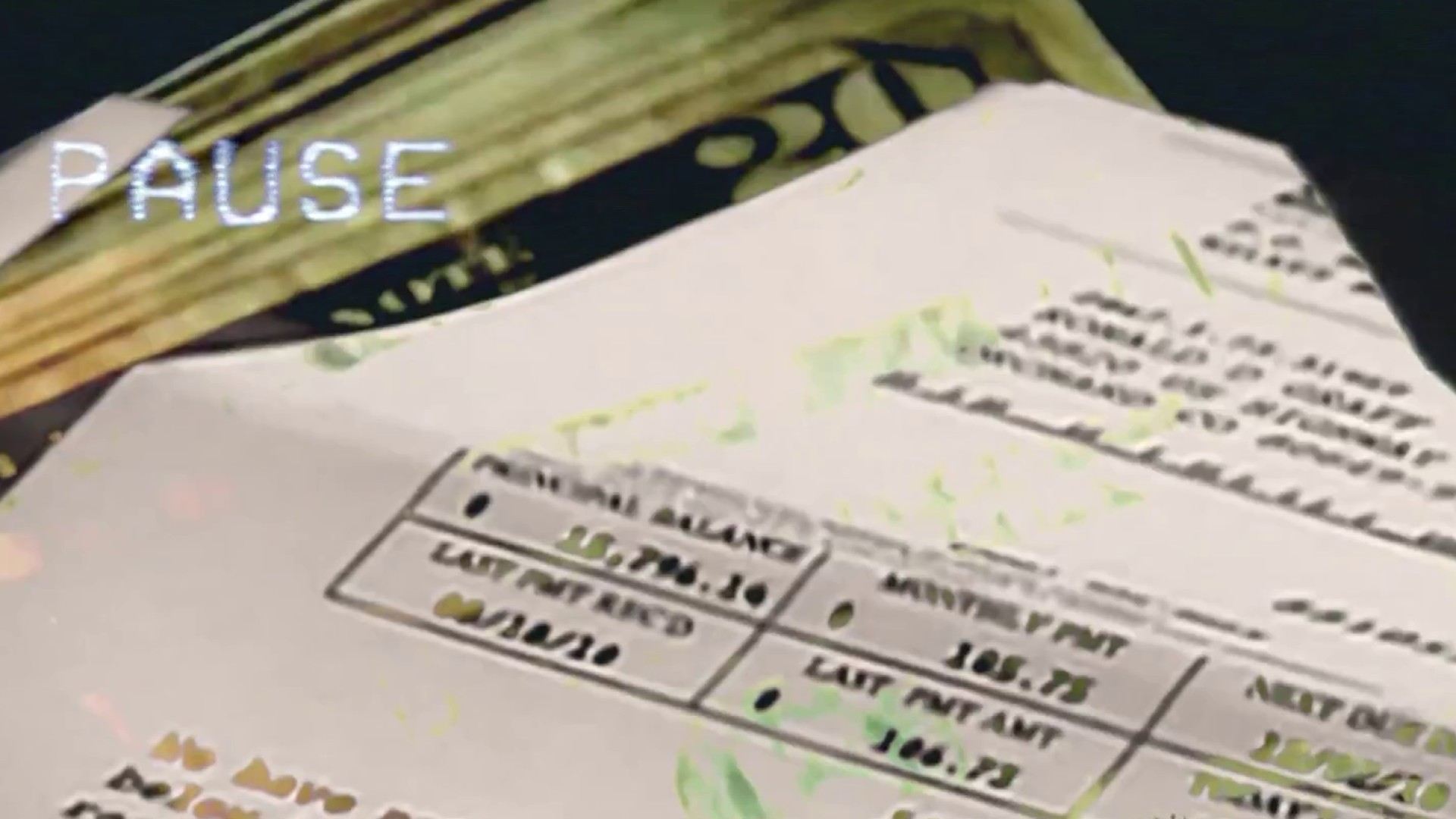
Florida’s moratorium on evictions and foreclosures expired at the end of September. Since then, enforcement of eviction orders has resumed in some counties. NBC 6’s Sasha Jones reports
Florida’s moratorium on evictions and foreclosures expired at the end of September. Since then, enforcement of eviction orders has resumed in some counties.
From April to the end of September, the state didn’t allow renters to be evicted from their homes, giving people some time to get through the tough times caused by COVID-19.
“The order which was put in place to help, but there’s always people there to take advantage of something that is good,” said Kandace Edwards, a local landlord.
Edwards says the state moratorium made it difficult to evict a tenant who was not paying rent.
“Not until the beginning of October that BSO said they could finally go in and on October 7, the officer came here and put the sticker on the door,” Edwards said. “By that time, she was long gone.”
But Edwards says she is out of thousands in rent payments and has to pay to repair damage at her property.
According to the Miami-Dade County Clerk of Courts, 5,063 evictions have been filed in the county since March.
Responds
Responding to every consumer complaint
The most recent order to Miami-Dade Police is to limit enforcement to cases filed on or before March 12.
In Broward County, evictions for non-payment due to COVID-19 were halted in March.
This month, Broward County Sheriff’s Office told NBC 6, “BSO continues to serve court-ordered evictions that were approved by judges. The moratoriums only applied to residential evictions and foreclosures due to nonpayment of rent due to COVID. The moratoriums didn’t apply to any other types of residential or commercial evictions.”
A look at the number of removal orders served in Broward shows a spike in enforcement.
According to BSO, there were 21 removal orders served in April versus 416 in September. In October, more than 643 orders of removals were served.
Patrice Paldino is the executive director of Coast to Coast Legal Aid of South Florida.
Paldino anticipates a larger spike ahead when the federal CDC moratorium expires at the end of December and tenants are required to pay the money they are owed.
“It is a band aid unless you are addressing the actual problem, which is people don’t have the money to pay their rent,” Paldino said.
As for Edwards, she hopes future policies consider the possible impact on landlords like her.
“It has been very disappointing and devastating,” Edwards said.
If you are a tenant, you may qualify for relief under the CDC moratorium if you make less than $99,000 a year as a single person or $198,000 as a joint filer.
You will also be asked to sign declaration attesting that you meet other criteria like being financially impacted by COVID-19.
But filing for protection under the CDC moratorium comes with some challenges, Paldino recommends reaching out to an attorney if you have questions.



